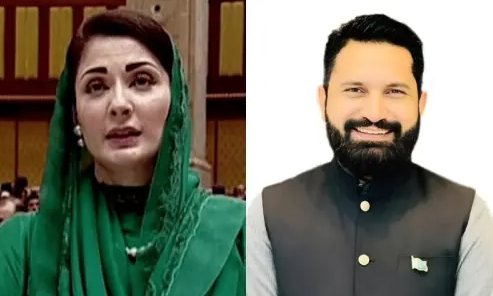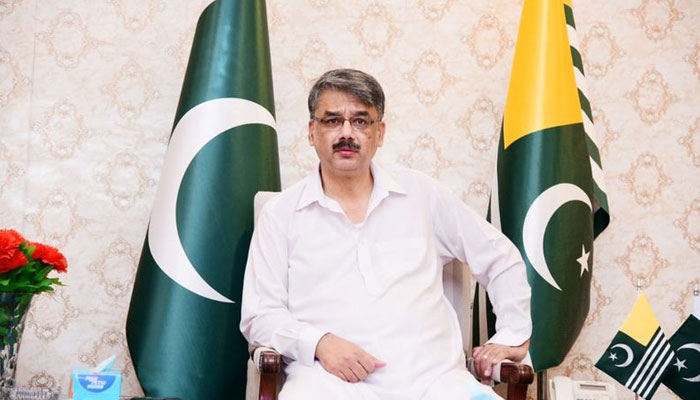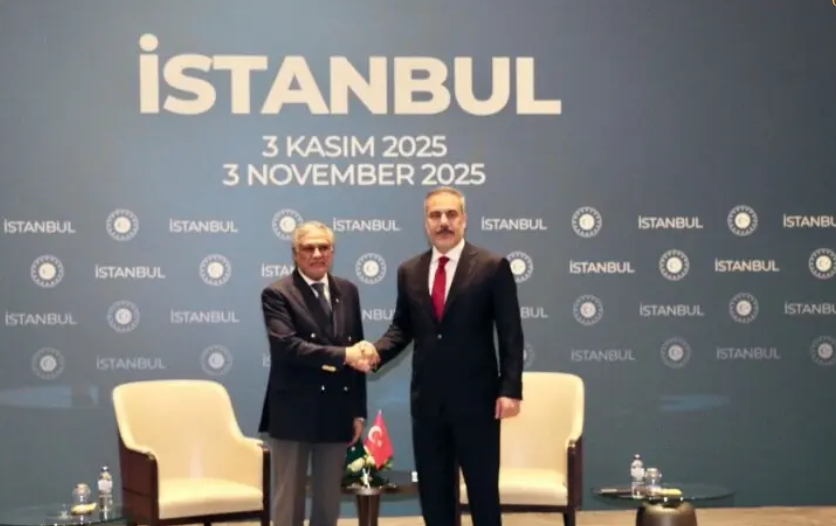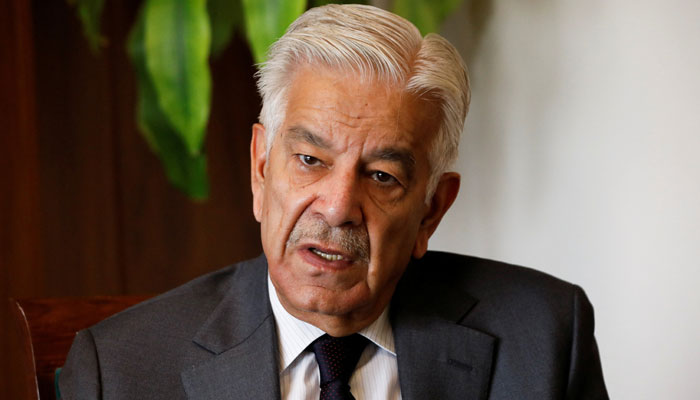POLITICS & POLICY MAKING
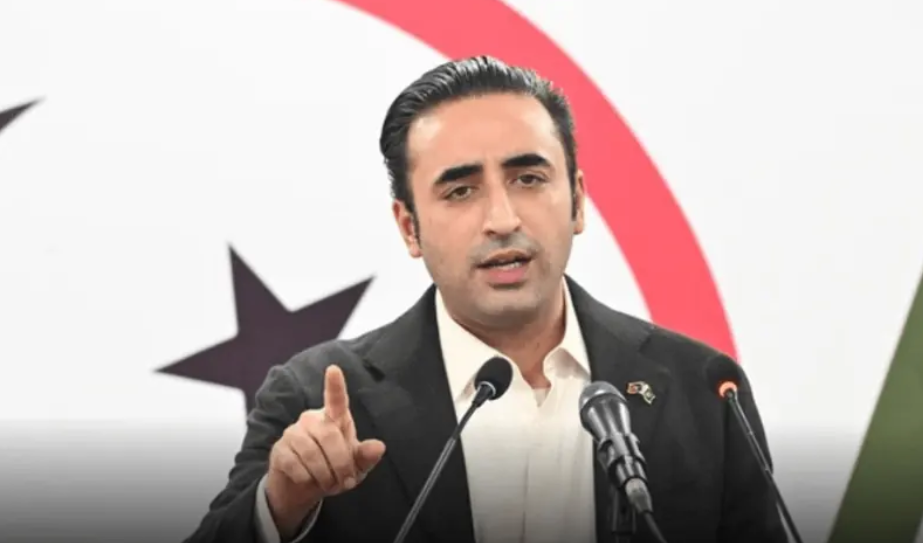
Pakistan Peoples Party (PPP) Chairperson Bilawal Bhutto-Zardari revealed on Monday that a delegation led by Prime Minister Shehbaz Sharif had visited him and President Asif Ali Zardari to seek PPP’s support for the approval of the 27th Constitutional Amendment.
According to Bilawal, the proposed amendment includes the establishment of constitutional courts, restoration of executive magistrates, changes regarding the transfer of judges, and amendments to Article 243 — which defines the command of the armed forces. It also addresses the end of protection for the provincial share under the National Finance Commission (NFC), as well as the return of education and population planning to the federal domain.
Bilawal added that the proposal aims to resolve the longstanding deadlock over appointments to the Election Commission of Pakistan (ECP). He announced that a meeting of the PPP Central Executive Committee (CEC) will be held at Bilawal House, Karachi, on November 6 after President Zardari’s return from Doha to finalize the party’s position.
The PPP later confirmed that the CEC meeting would also review the overall political situation in the country.
Government Yet to Finalize Draft
Minister of State for Law and Justice Barrister Aqeel Malik confirmed that discussions on the amendment are ongoing but that the draft has not yet been finalized.
Malik elaborated that the creation of constitutional courts remains an “unfinished agenda” and that reviving executive magistrates could help reduce the burden on the judiciary. On education and population planning, he emphasized a need for federal oversight to ensure uniformity in curriculum and to address the population “menace” through a unified strategy.
Referring to the elevation of Chief of Army Staff Asim Munir to Field Marshal earlier this year, Malik noted that such developments necessitate amendments to Article 243 to align with the constitutional framework.
On the issue of deadlock in appointing the chief election commissioner, Malik clarified that the government does not plan to remove the opposition’s role but aims to prevent procedural delays when no opposition leader is in place.
Political Shifts and Reactions
While the government passed the 26th Constitutional Amendment in October 2024 amid opposition protests and controversy, discussions for a 27th Amendment have reignited political debate.
Interestingly, both Deputy Prime Minister Ishaq Dar and Bilawal Bhutto had previously dismissed the idea of a new amendment. However, recent developments suggest a shift in the ruling coalition’s stance.
The matter reportedly surfaced during Bilawal’s October 27 meeting with JUI-F chief Maulana Fazlur Rehman, where the two discussed joint opposition coordination on legislative issues.
Meanwhile, the opposition PTI has strongly criticized the proposal, while the Islamabad High Court Bar Association (IHCBA) has expressed support for judicial reforms under the amendment, calling for a rotation policy for judges nationwide.
As the political landscape evolves, the PPP’s upcoming decision on November 6 will play a decisive role in shaping the fate of the 27th Constitutional Amendment and its implications for Pakistan’s governance and judiciary.
